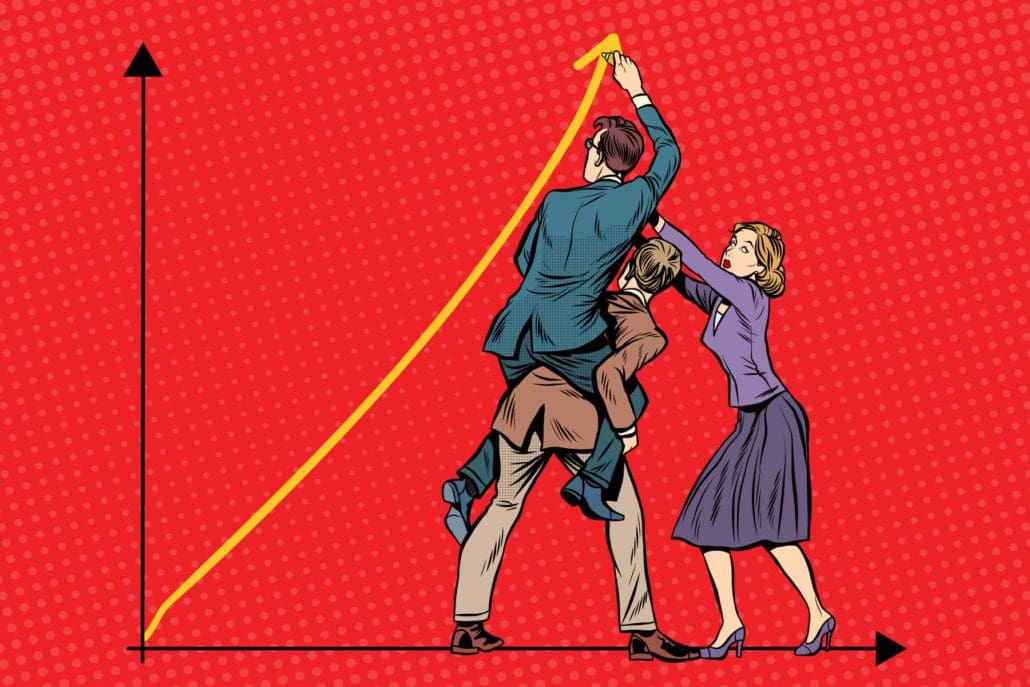I’m Done Writing About Stock Prices (After This)

This past week we wrote about how (if!) the stock price of a public company reflects future earnings. This all came about from an article over on Medium written by a Harvard MBA student. Lo and behold, a Harvard professor Ben Golub weighed in on a similar subject over on Quora. I took exception to some of the students thinking, but Dr. Golub’s response I can get behind!
In addition to making the point that a stock price reflects the net present value of all future earnings (not earnings simply summed), he made some other great points. Regarding what drives valuation down, two items of note:
- The Foolish Dream. Falling valuations can be the result of a foolish dream shattered.
- The Black Swan[1]. Surprising events destroy future events that should have been realized.
This is great[2]. We can draw a direct line from these notions to what we do day in and day out in private company valuations. The first point happens all the time. Dr. Golub uses the example of a concert pianist whose manager suggests he will earn $30m per month…. which is, at face value, highly improbable.
In the business valuation world, the most common corralary is the business owner that believes their company is far more valuable than it actually is. Some common reasons for this:
- Conflation. The owner conflates a earnings multiple for an revenue multiple. We often hear “… but I thought the value is supposed to be 5x revenues.” No – based on factors appropriate to your company, it’s 5x earnings.
- Puffery. The owner misinterprets facts from a friends transaction. This often happens when one cashed-out entrepreneur discusses some deal terms but not all. “I got $10m” – leaving out that 80% is in a hard to achieve earn-out.
As to the second item – the imponderable Black Swan event – this happens as well. We all try to price in future risk- whether it’s a talking head on CNBC, a stock picker for a fund, or a business owner making capital investment decisions. Everyone tries to price in future risk- whether they realize they are doing it or not.
This all brings us back to what we are most often doing in business valuation. We are opining on the value of an asset today. The IRS helpfully defined the Fair Market Value standard years ago to indicate the price that an asset changes hands between a willing buyer and willing seller. In doing so we are mitigating the two issues above. First, as an independent third party our analysis is not driven by dreams, but by data. Second, neither we nor the notional buyer has any ability to predict the Black Swan event. In that regard we are on equal footing and needn’t try to predict the unpredictable.
That leaves us with an analysis, taking into account data presently knowable, about what a willing buyer would transact at as of today.
Footnotes:
[1] Dr. Golub may or may not have been explicitly referring to so called “Black Swan” events. If you are not familiar, Black Swan refers to an event the high impact of future events that are unpredictable, but often rationalized post facto.
[2] His whole article is a great non-technical read – highly recommend.